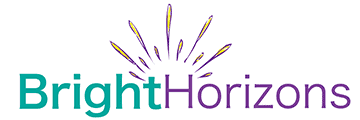
What is Financial Abuse?
Financial abuse involves controlling a victim’s ability to acquire, use, and maintain financial resources. Those who are victimized financially may be prevented from working. They also may have their own money restricted or stolen by the abuser. And rarely do they have complete access to money and other resources. When they do have money, they often have to account for every penny they spend.
Tactics Used by Abusers
Some abusers may use all of these tactics while others may only use one or two. Regardless of whether the abusive person is using one tactic or 10, it’s still considered financial abuse. Here are some ways in which people are abused financially
- Trying to control your use of or access to money you have earned or saved
- Ruining your credit history by running up limits and then not paying bills
- Demanding that you turn over your paycheck, passwords, and credit cards
- Claiming to make payments or pay bills in your name but not following through
- Using your assets for their personal benefit without asking
Effects of Financial Abuse
The effects of financial abuse are often destructive. Victims feel inadequate and unsure of themselves due to the emotional abuse that accompanies financial abuse. They also have to go without food and other necessities because they have no money.
Financial abuse affects survivors both with and without jobs. In a recent study, 83% of survivors said that their abusive partner disrupted their ability to work; of these survivors, 70% were not able to work and 53% lost a job as a result of abuse. Survivors who are employed often need to take time off to deal with the effects of domestic violence. Examples of these effects would be, having to miss work to seek medical attention for the physical and emotional effects of the abuse, finding safe housing, pursuing a civil and/or criminal court cases against their abuser.
Controlling shared assets and resources
When a dating partner or spouse has complete control over the money in the relationship and you have little or no access to what you need, this is controlling the family resources. Examples of that control are:
- Criticizing every financial decision, you make
- Making large financial decisions without your input
- Refusing to work or contribute to the family income
- Withholding financial information such as account passwords, account numbers, and investment information
If you need immediate assistance, please call our crisis line at 877-379-3798
Website: Bright Horizons | Free and Confidential Abuse Support in Nebraska (brighthorizonsne.org)
Sources: https://www.verywellmind.com/financial-abuse-4155224
